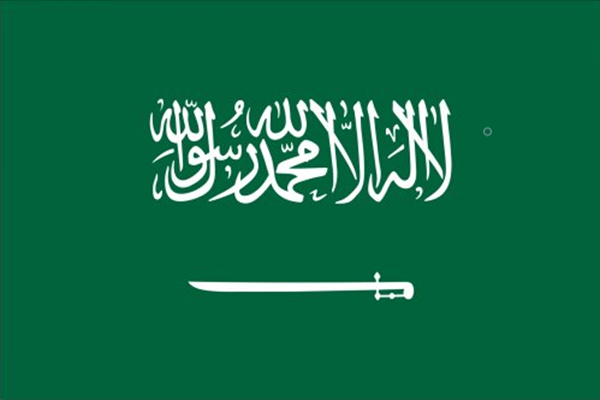If you are an exporter to Saudi Arabia, it is essential to obtain a SABER certificate to ensure a smooth and timely clearance of your products at the customs. In this article, we will explore why SABER certification is necessary for exporters to Saudi Arabia and how it can benefit your business.
What is SABER Certification?
SABER (Saudi Product Safety Program) is a conformity assessment system launched by the Saudi Standards, Metrology and Quality Organization (SASO) in 2018. The program aims to ensure that all imported products comply with the Saudi Arabian technical regulations and standards. With the implementation of SABER, all regulated products must be registered on the online platform and obtain a SABER certificate before they can be cleared at the customs.
Why is SABER Certification Essential for Exporters to Saudi Arabia?
Regulatory Compliance
SABER certification ensures that imported products meet the mandatory technical regulations and standards of Saudi Arabia. Failure to comply with these requirements could result in fines, product recalls or even market exclusion. SABER certification, therefore, ensures that your exports are compliant and eligible for clearance at the customs.
Avoidance of Delays and Penalties
Without a SABER certificate, exporting to Saudi Arabia could result in delays, confiscation, or rejection of products at the customs. These delays and penalties could cause significant financial losses, damage to your brand reputation, and prevent you from doing business in Saudi Arabia. SABER certification guarantees a smooth clearance process, saving you time and money.
Access to the Saudi Arabian Market
SABER certification is required for all imported products that are subject to Saudi Arabian technical regulations and standards, including some consumer goods, electronics, and automotive parts. By obtaining a SABER certificate, exporters gain access to the Saudi Arabian market, which is one of the largest and fastest-growing markets in the Middle East.
Competitive Advantage
SABER certification provides exporters with a competitive advantage over non-compliant suppliers. By complying with the regulations, importers can differentiate themselves from their competitors and enhance their brand reputation as a reliable supplier of high-quality goods.
How to Obtain SABER Certification?
The SABER certification process is straightforward, and it involves the following steps:
Register on the SABER Platform
To obtain SABER certification, you need to register on the SABER platform and create an account. You should have your company’s commercial registration and your product details available when registering.
Product Classification
The next step is to classify your product into one of the three categories: A, B or C, based on the Saudi Arabian technical regulations and standards. Category A products are non-regulated and require self-declaration. Category B and C products require third-party testing and certification by an accredited certification body.
Third-Party Testing and Certification
For category B and C products, you need to conduct third-party testing and certification. The certification body must be accredited by SASO to issue the SABER certificate. The testing laboratory must also be accredited by SASO.
Upload Required Documents
Once you receive the SABER certificate from the certification body, you need to upload the certificate, third-party testing reports, and other relevant documents onto the SABER platform. The system will verify your documents, and once approved, you can proceed to customs clearance.
Conclusion
SABER certification is essential for exporters to Saudi Arabia to ensure regulatory compliance, avoid delays and penalties, gain access to the market, and maintain a competitive advantage. By following the simple steps outlined above, exporters can obtain SABER certification and ensure that their products meet the mandatory technical regulations and standards of Saudi Arabia. Obstacles to entry in this market can be significant, but obtaining SABER certification can boost your trade, increase your profits and contribute to a more diverse and robust economy.

- JCT was Initiated in 2003,and has been established since 1990.we have been working on certification and testing for over 15+ years experience.
- More than 500 customers choose JCT’s Service, we JCT get more than 1000+ certificate for customers,and save many times and money.Also helped customers get more orders.
- We are confident that the job will be completed to your satisfaction. If for any reason you are not fully satisfied with the results, we will fix the issue and won’t consider the job done until you have a smile on your face!
- Don’t worry about hidden charges at the end. We present you with fixed rate pricing before any work even begins, so you will know exactly what to expect. What we quote is what you can expect to pay nothing more.
















